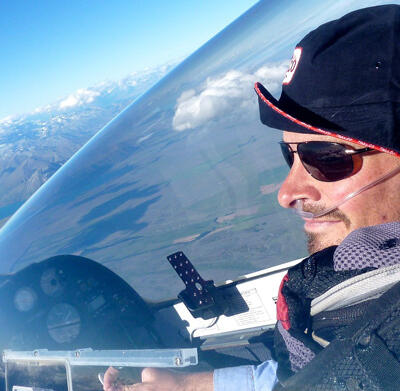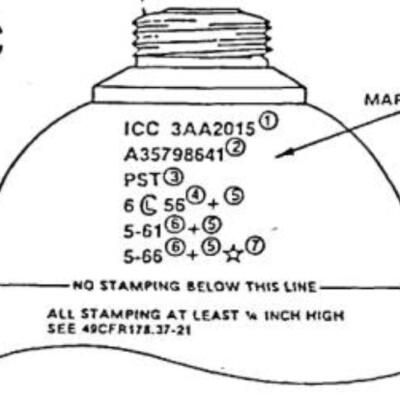
What Every Pilot Should Know about Oxygen
What is Air?
The air surrounding us is a mixture of gases consisting of 78% nitrogen and 21% oxygen. The remaining 1% is made up of argon, carbon dioxide, and traces of rare gases.
What is Oxygen?
Under normal conditions, pure oxygen is a…

What Can You Tell Me About Cylinder Hydro Testing?
What can you tell me about cylinder hydro testing?
All DOT-approved pressure cylinders require testing at regular intervals. This is to ensure that no unsafe condition exists that would preclude it from performing to its next inspection interval.…

Does Your Pulse Oximeter Mean What It Says?
Does Your Pulse Oximeter Mean What it Says? (Does Your Spouse?)
By Dr. Daniel L Johnson
Originally Published in Soaring Rx, Jun 2012 (Section titles added by Mountain High)
How Useful is a Pulse Oximeter?
FAR 91.211 requires supplemental…

Are Medical and Welder’s Oxygen Different Than Aviation Oxygen?
Q: Is it true that medical and welder's oxygen differ from aviation oxygen?
A: There are no different grades of oxygen being produced or contained in cylinders under DOT regulations.
Contrary to common myth, medical oxygen contained…

How is Oxygen Saturation in the Body Affected When Altitude Increases?
How is Oxygen Saturation in the Body Affected When Altitude Increases?
At sea level, oxygen saturation in the blood is approximately 95%, which does not appreciably decrease up to pressure altitudes of 10,000 ft., at which point it decreases…

In Simple Terms, What Happens During Rapid Decompression?
In Simple Terms, What Happens During Rapid Decompression?
Air at sea level will expand to 5 times its volume at 40,000 ft. Lung capacity is approximately 6 liters. Therefore, during rapid decompression, a continuous exhalation is experienced.…

What is Hypoxia and What Can Happen With Prolonged Hypoxia?
What is hypoxia and what can happen with prolonged hypoxia?
Hypoxia is the physical condition induced by an inadequate concentration of oxygen in the blood and the organs. The insidious danger of hypoxia is the subject's unawareness of his…
